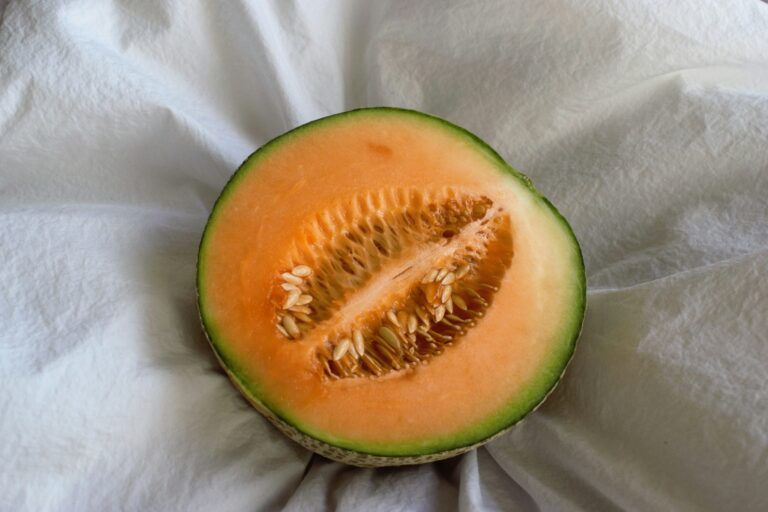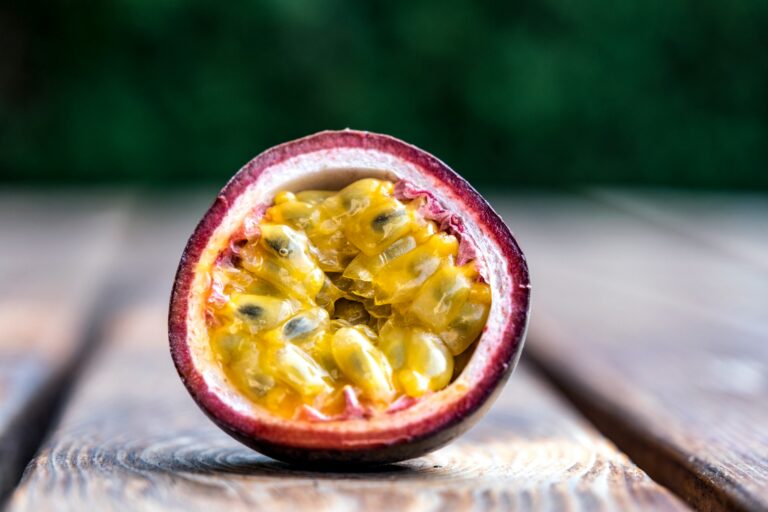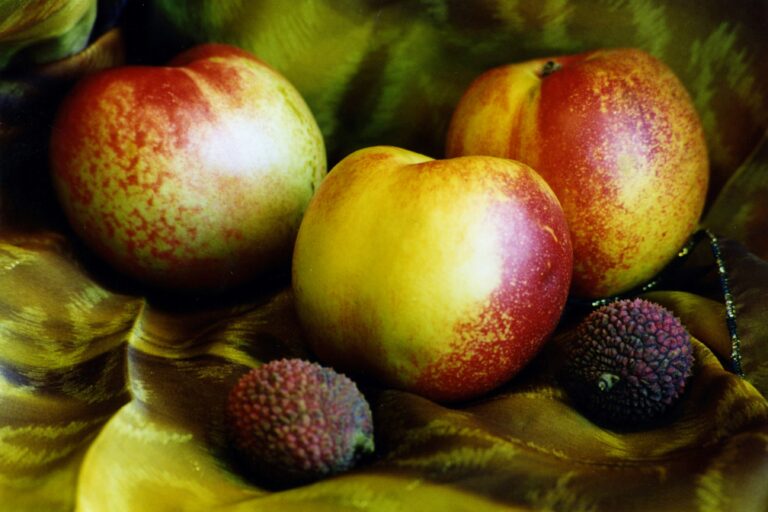The scientific name of the apricot seed is Prunus armeniaca. Apricot kernels are the seeds found inside the stones or pits of apricots. Apricot seeds are native to Central Asia and China. However, originally domesticated in China. Apricots were eaten in ancient Armenia showed by the archeological evidence. Wild apricot which is also known as the Zardalu’ is indigenous to India. The main producing countries of apricot seeds are in Asia; these are Turkey, Iran, and Pakistan.
Color: Spricot seeds are usually white when fresh but when dried out, turn a beautiful brown color.
Shape: Apricot seeds are almond-shaped kernels inside the fruit’s pit or stone.
Size: The length of the apricot kernel is 0.70 mm, the width of the apricot kernel is 0.56 mm and the thickness is about 0.35 mm
Flavor: The flavor of the apricot kernel is slightly nutty. They are sometimes a little bitter and sometimes offer a touch of sweetness.
Nutrients
Seeds are beneficial and important for the human body as they are fully packed with nutrients. Seeds are rich in minerals but their most important source is carbohydrates.
One cup of serving apricot kernel or seeds contains many nutrients. These are very nutritious and contain
- Carbohydrates 8 g
- Calories 34
- Protein 1 g
- Fats 0.27 g
- Fiber 1.5 g
- Vitamin A 8 % of the daily value
- Vitamin C 8 % of the daily value
- Vitamin E 4 % of the daily value
- Potassium 4 % of the daily value
| How to grow apricot seeds? |
Healthy Benefits of Apricot Seed
Apricot seeds are incredibly beneficial and easy to enjoy in a different number of recipes. Apricot seeds help you manage your eye and skin health.
May promote eye health
Apricot kernels or seeds are essential for eye health as they include vitamins A and E. Vitamin A plays a role in preventing night blindness, a disorder caused by the lack of light pigments in your eyes while vitamin E is a fat-soluble antioxidant that protects your eyes from free radical damage. Furthermore, beta-carotene gives apricot a yellow-orange color. Important apricot carotenoids include zeaxanthin and lutein.
Promote gut health
Apricot seeds contain both soluble and insoluble fiber. Apricots are particularly high soluble vitamin fiber, which is important for maintaining healthy blood sugar and cholesterol levels. Furthermore, fiber delays the movement of food through the digestive tract. Fiber feeds your beneficial gut bacteria.
Boost skin health
The main causes of wrinkles and skin damage are environmental factors such as Sun pollution and cigarette smoke. Vitamin C and A both incredibly found in this fruit, may aid your skin. Vitamin C protects against environmental pollution and UV damage by neutralizing free radicals.
High in antioxidants
Apricots are great sources of antioxidants including vitamins C, A, and beta-carotene. These are high in the group of polyphenols called flavonoids which are effective in showing response against illness. The main flavonoid in apricot is chlorogenic acid, quercetin and catechins. These compounds work together to neutralize free radicals which are harmful compounds that damage your cells.
Promote heart health
Pandemic acid is another unique compound found in the seed of apricot that has been linked to a lower risk of heart disease. Pangamic acid has been linked to reducing stress on the cardiovascular system, particularly in the case of Ischemic heart disease. Consuming small amounts of apricot seeds regularly lowers blood pressure, thus lowering the risk of atherosclerosis, heart attack, and strokes.
Good for respiratory health
Apricot seeds are linked to better respiratory health because they can cut through mucus and phlegm deposition in the respiratory tract. It can reduce the severity of asthma attacks and throat inflammation.
Side Effects of Apricot Seed
Apricot seed extracts are not controversial as supplements. They can cause
- Dizziness
- Headache
- Nausea
- Vomiting
- Rapid heart rate
- Weakness, mental confusion
- Restlessness
FAQ
What are apricot seeds good for?
Apricot seeds are incredibly beneficial and easy to enjoy in a different number of recipes. Apricot seeds help you manage your eye and skin health. They are fully packed with nutrients. Because apricot kernels contain amygdalin, which has been shown to prevent conditions like migraine, constipation, asthma, and hypertension, they are utilized as medicine in the pharmaceutical industry. They have also been used to treat coughs and improve cerebral functions.
How many apricot seeds should you eat a day?
The Food Safety Authority of Ireland (FSAI) recommends labeling apricot kernels to alert customers to the possibility of cyanide poisoning and to limit adult consumption to 1-2 tiny kernels per day. The label should additionally state that apricot kernels are not recommended for children.






